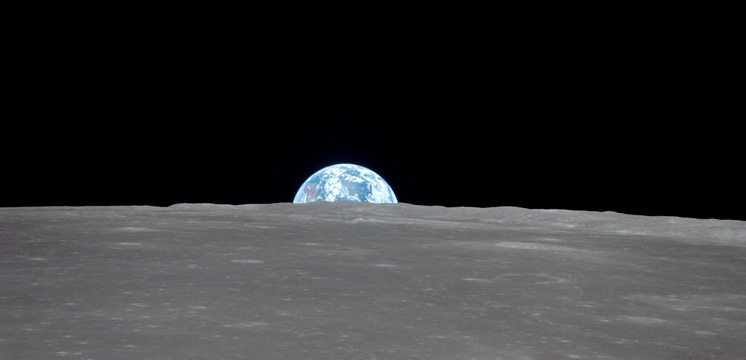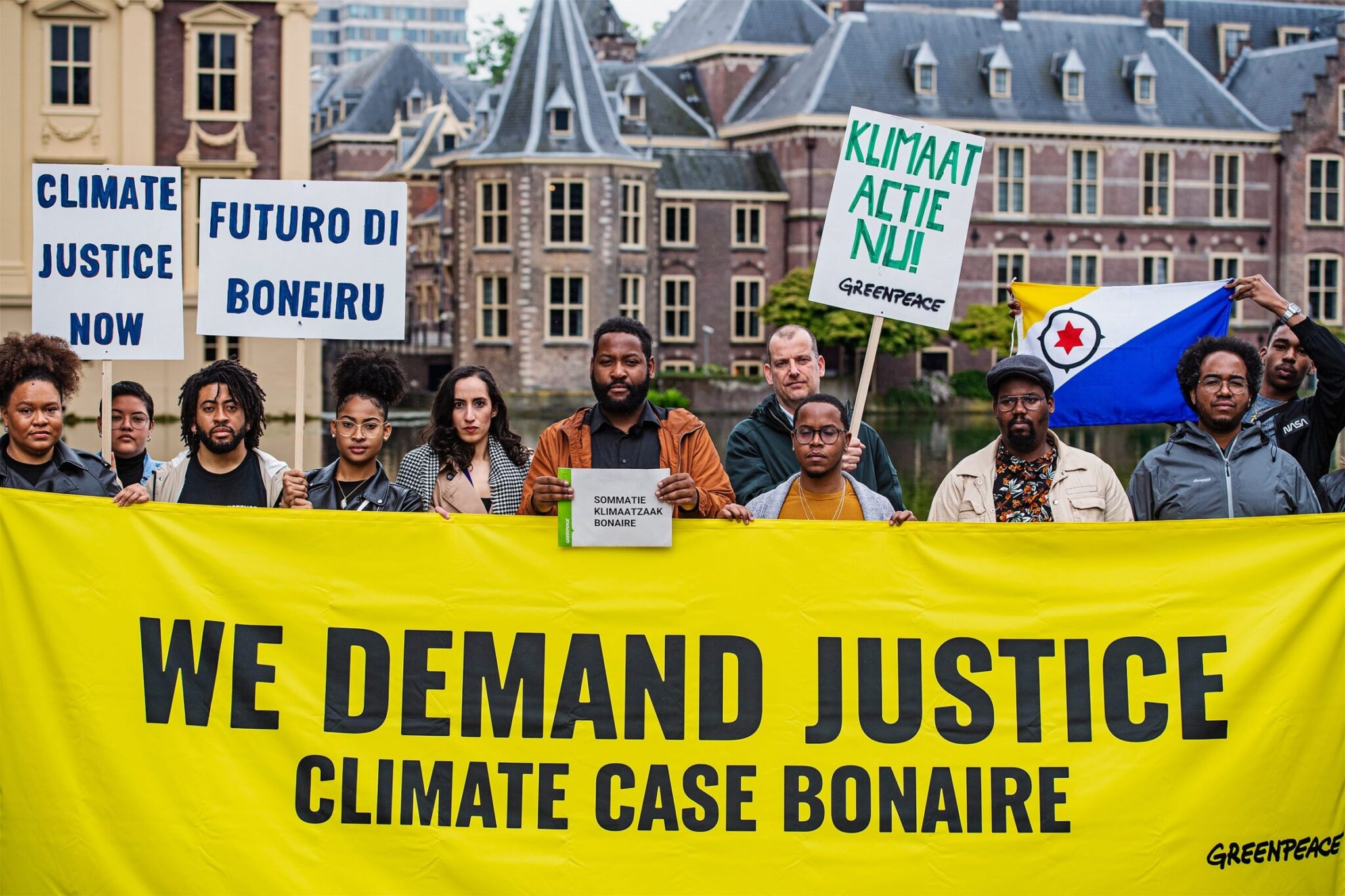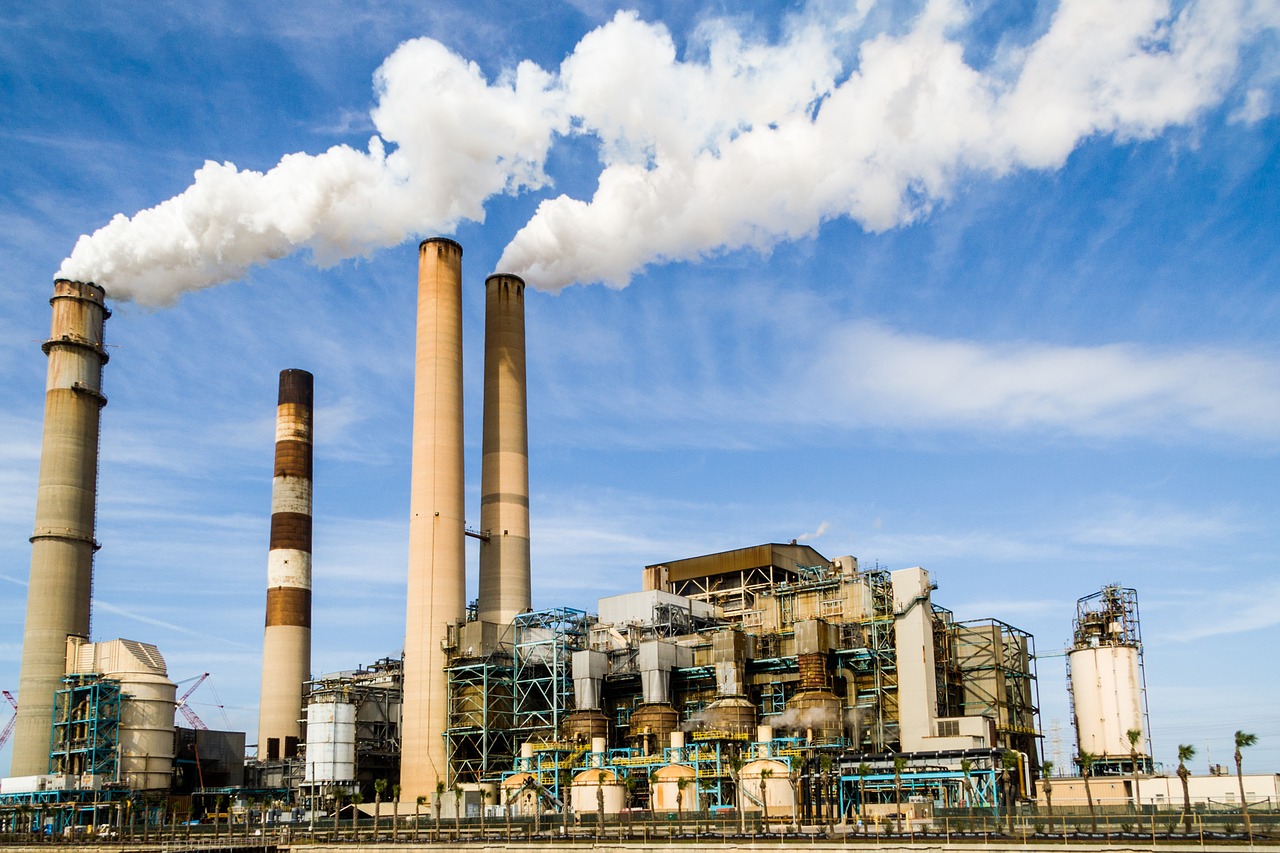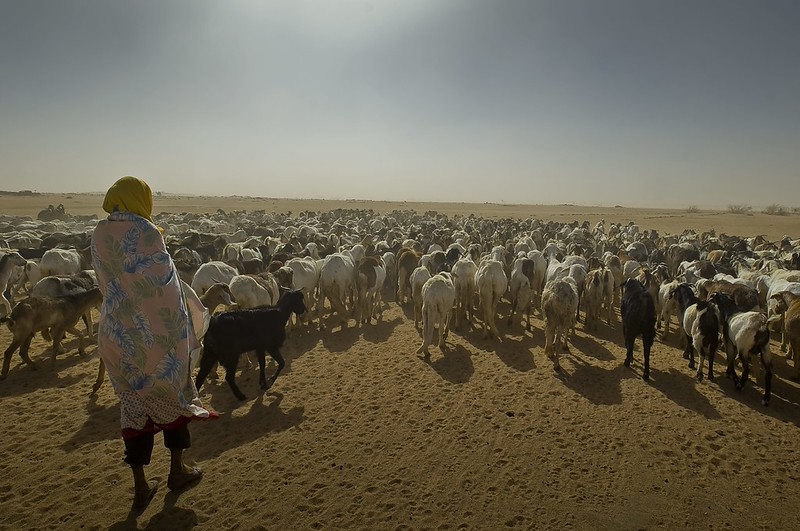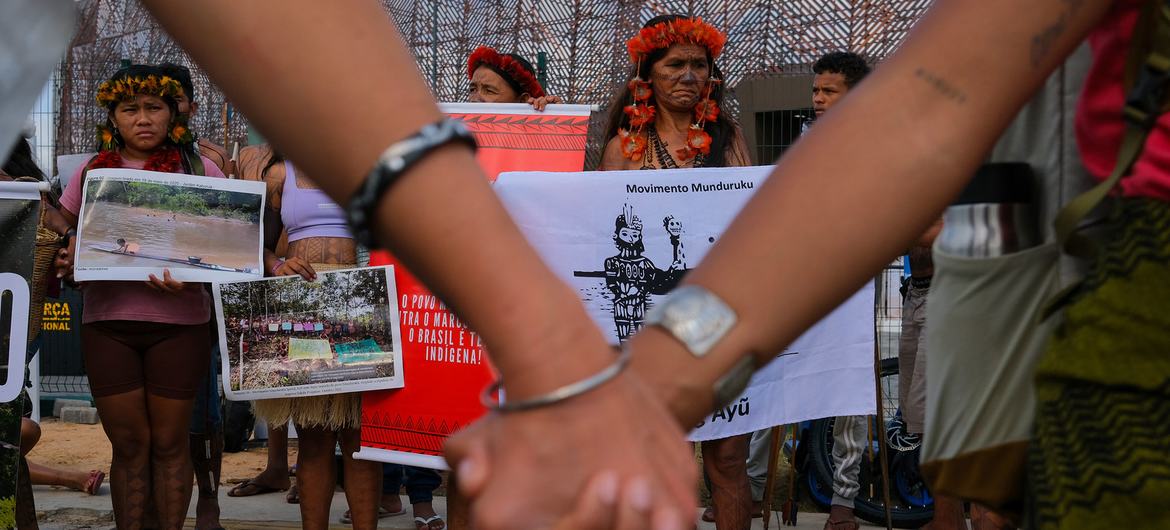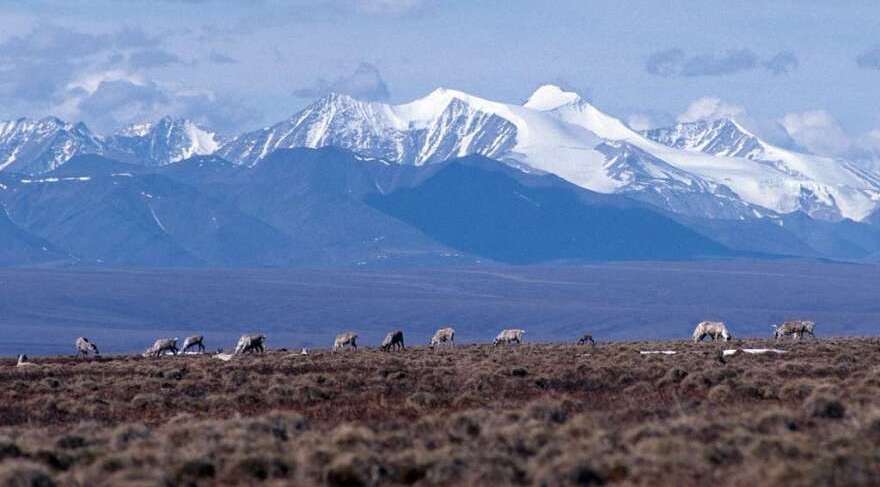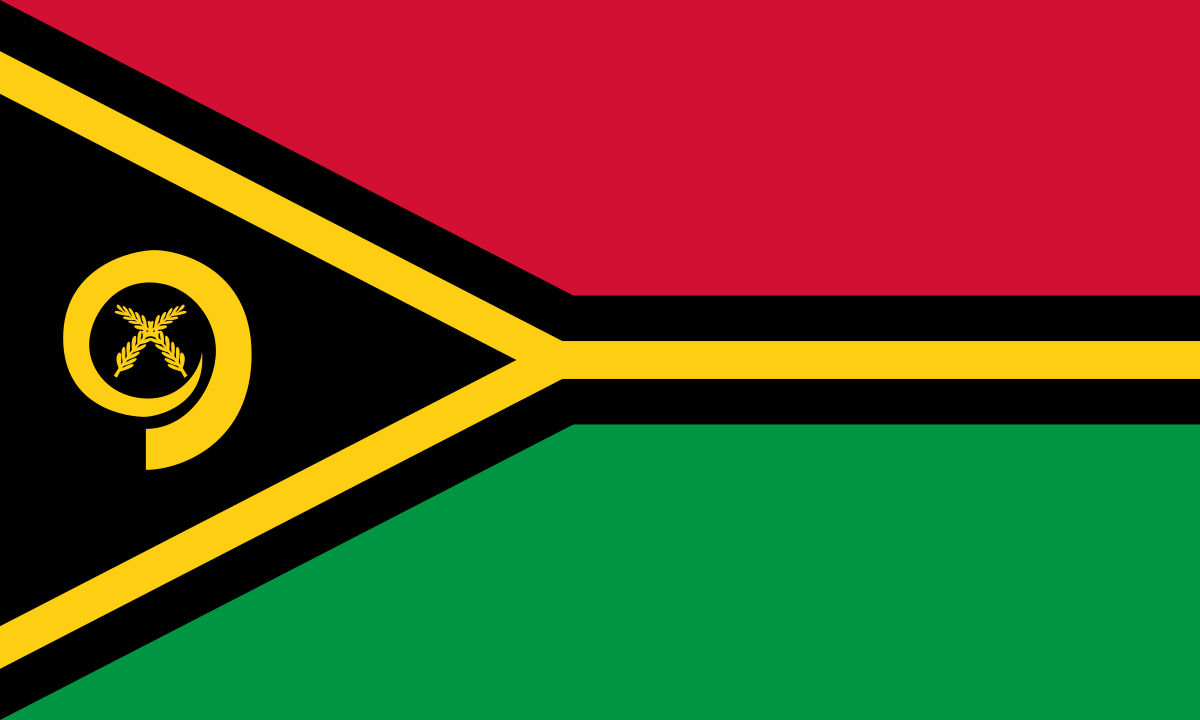
Vanuatu: UN member states must meet climate obligations
The Pacific island nation of Vanuatu is circulating a draft resolution to UN member states, urging all states to fulfil their obligations in regard to climate change, in line with the advisory opinion issued by the International Court of Justice last year. These include the adoption of nationally determined contributions of atmospheric carbon to meet the Paris Agreement goal of limiting the global average temperature increase to well below 1.5°C above pre-industrial levels. The draft resolution also calls on UN member states to phase out fossil fuels, and to protect communities subject to forced displacement induced by climate change. (Image: Wikimedia Commons)



